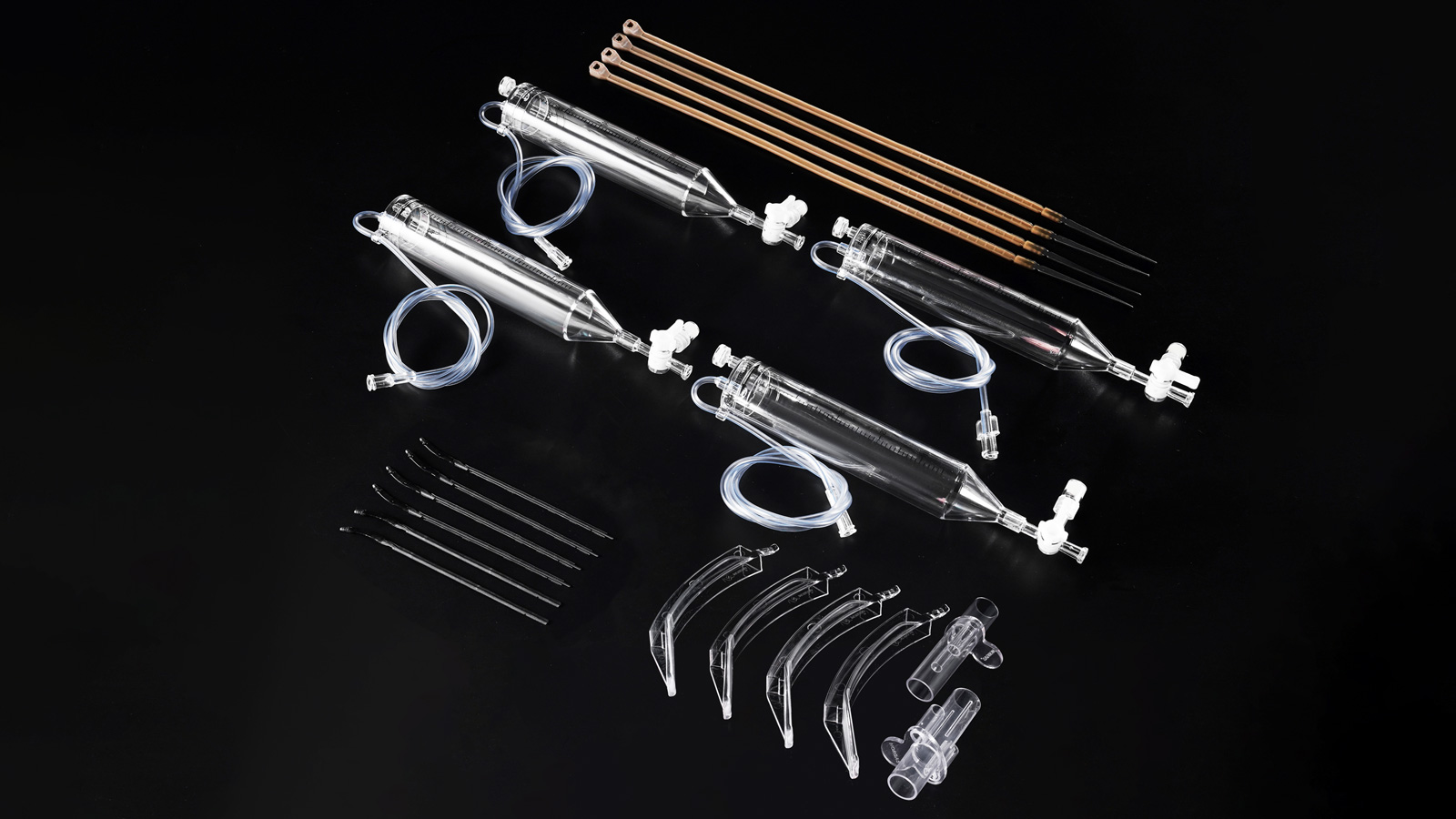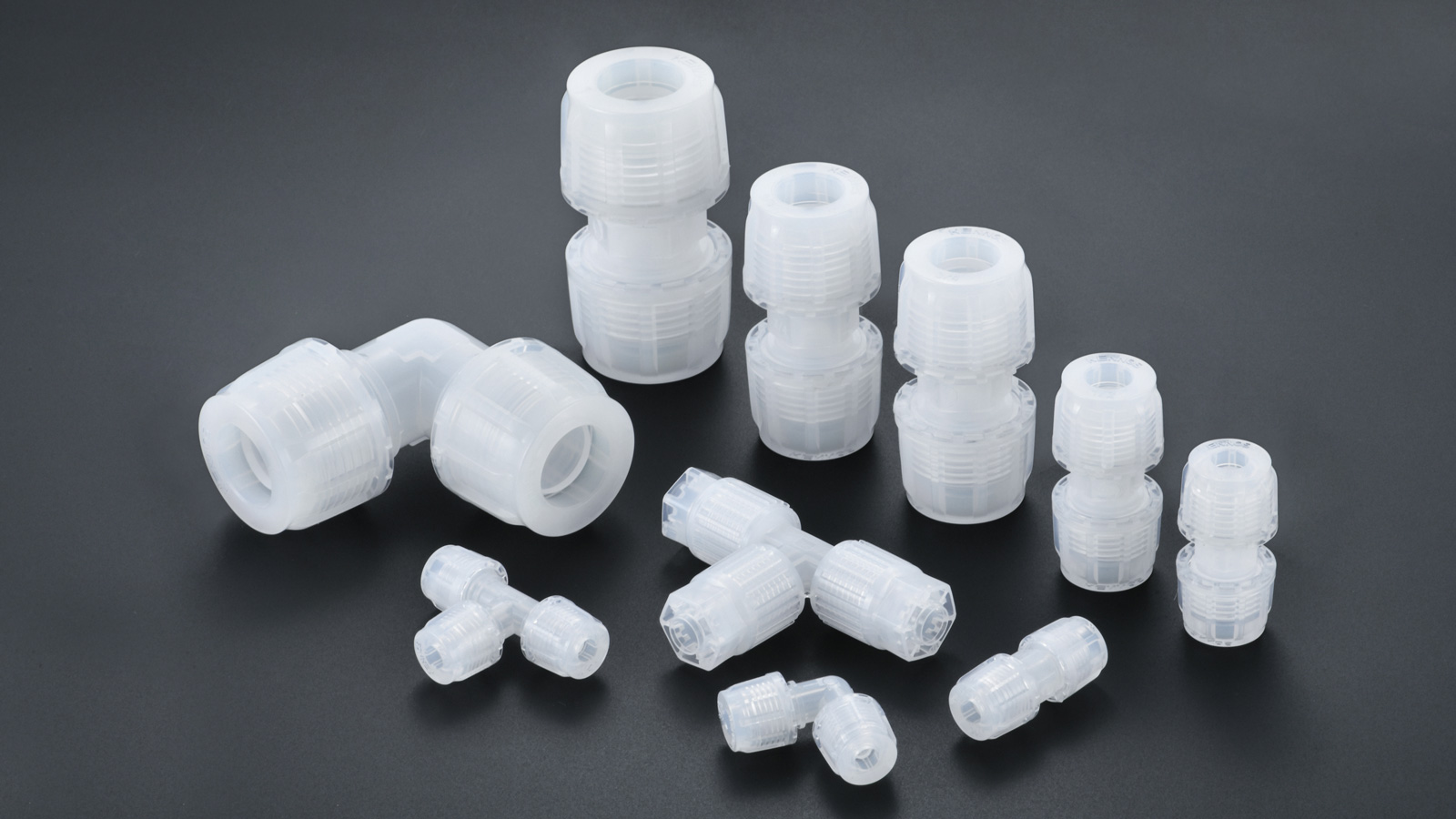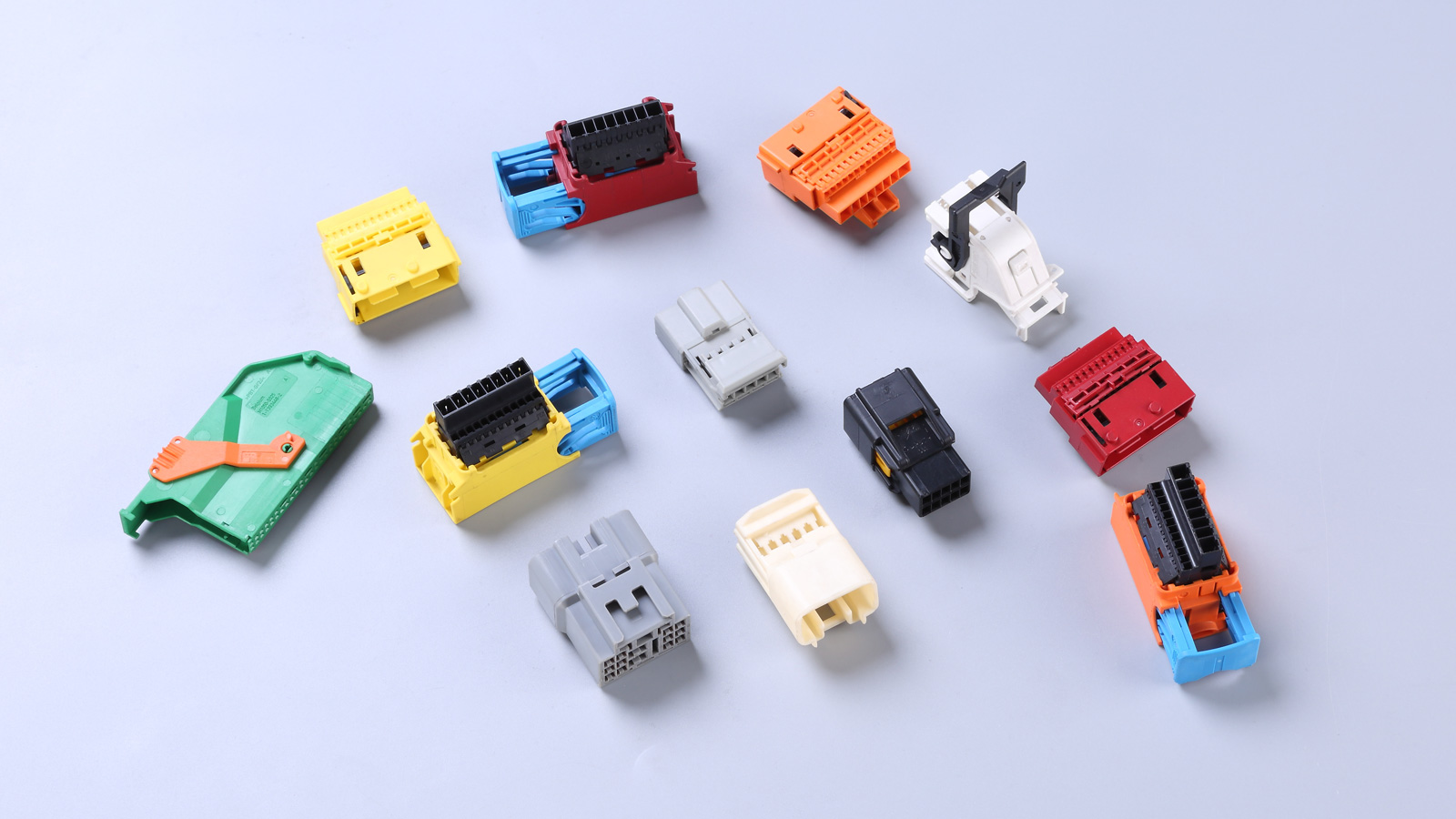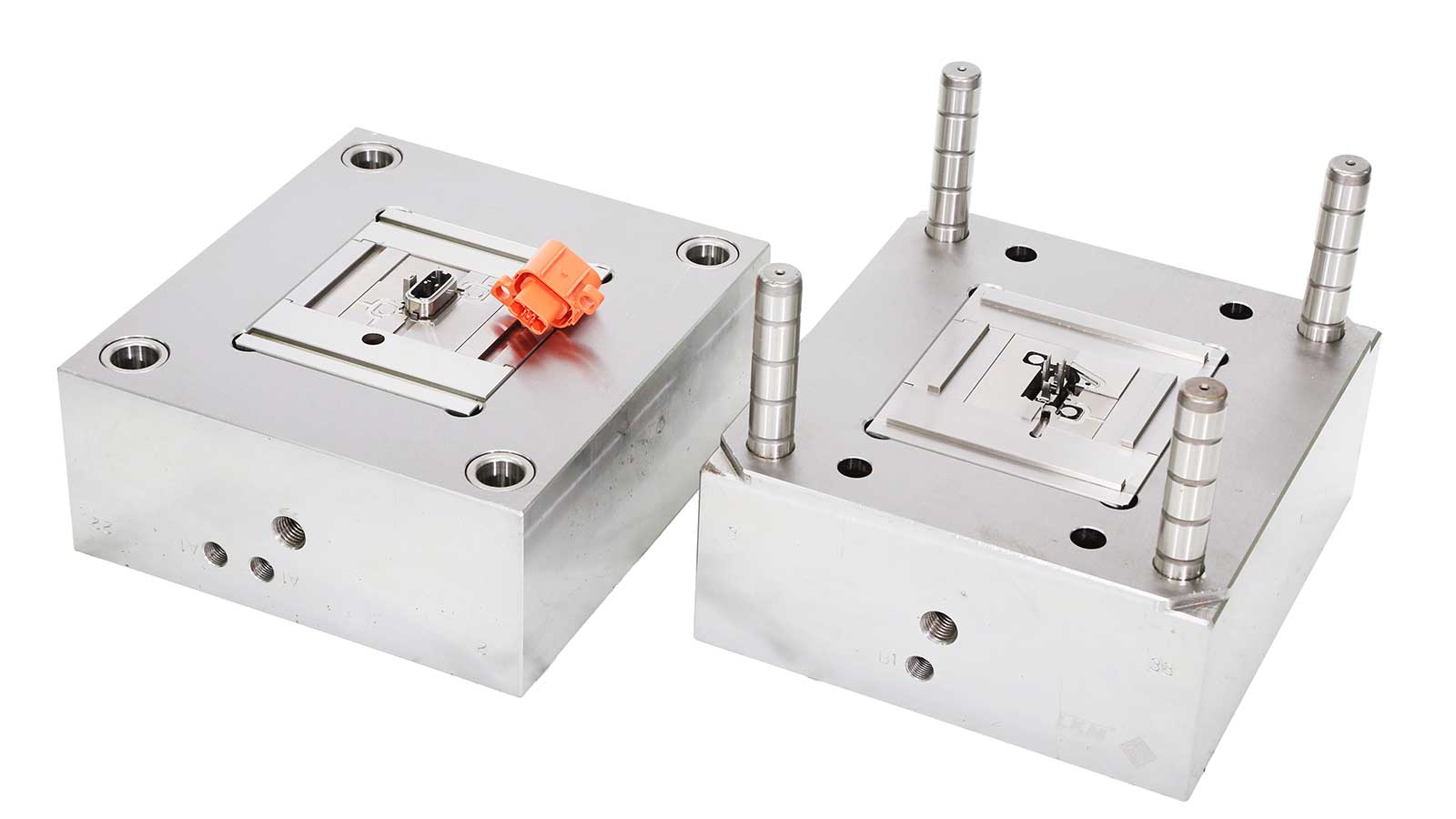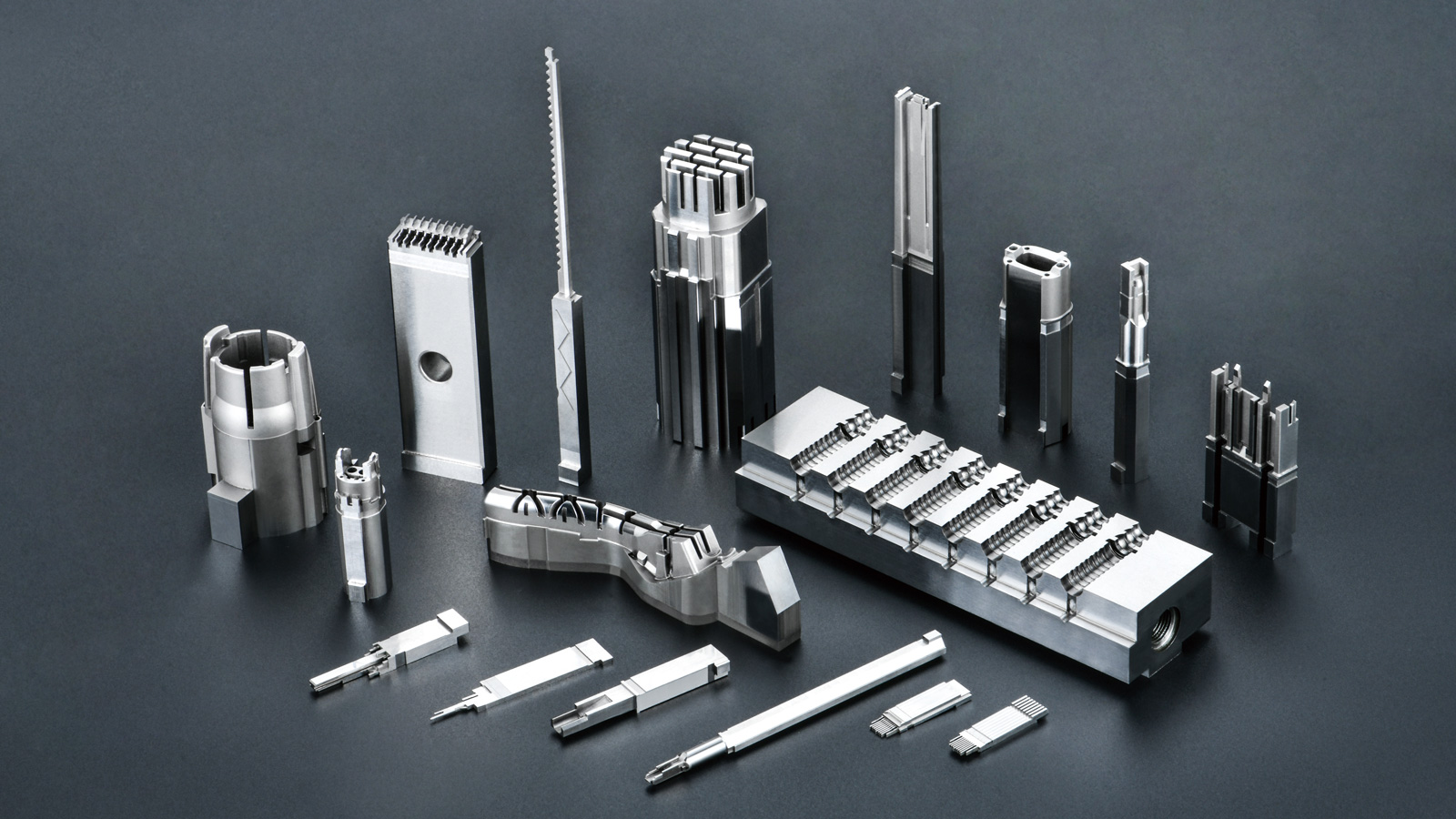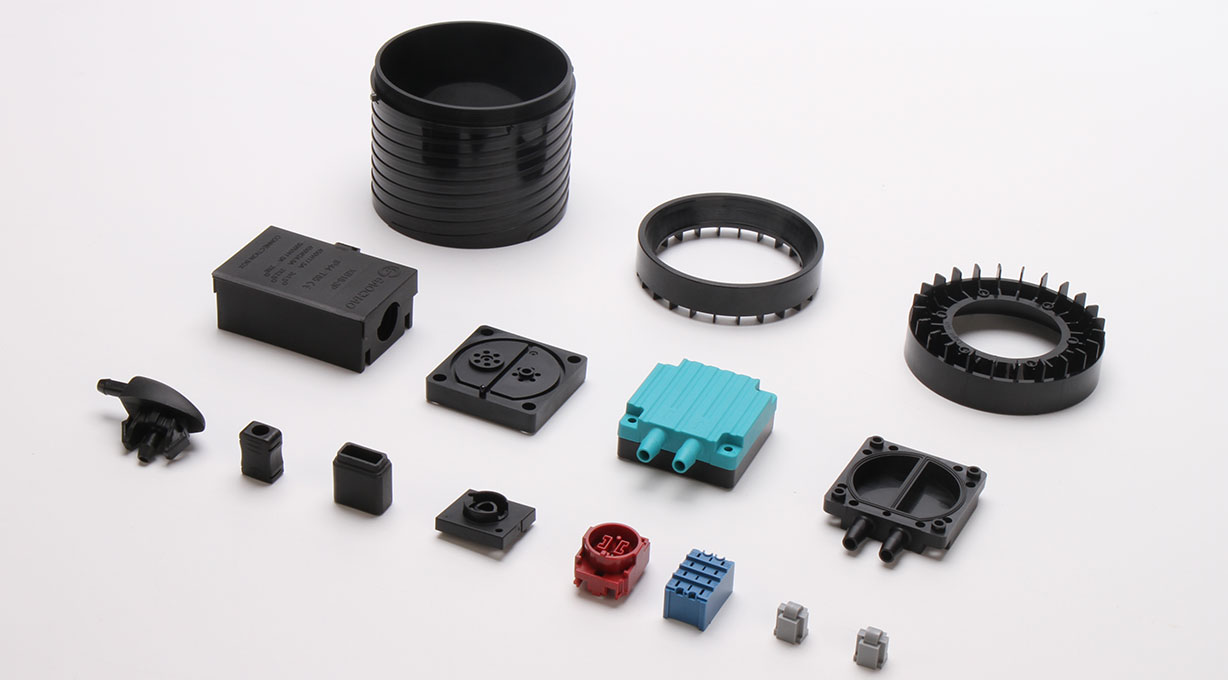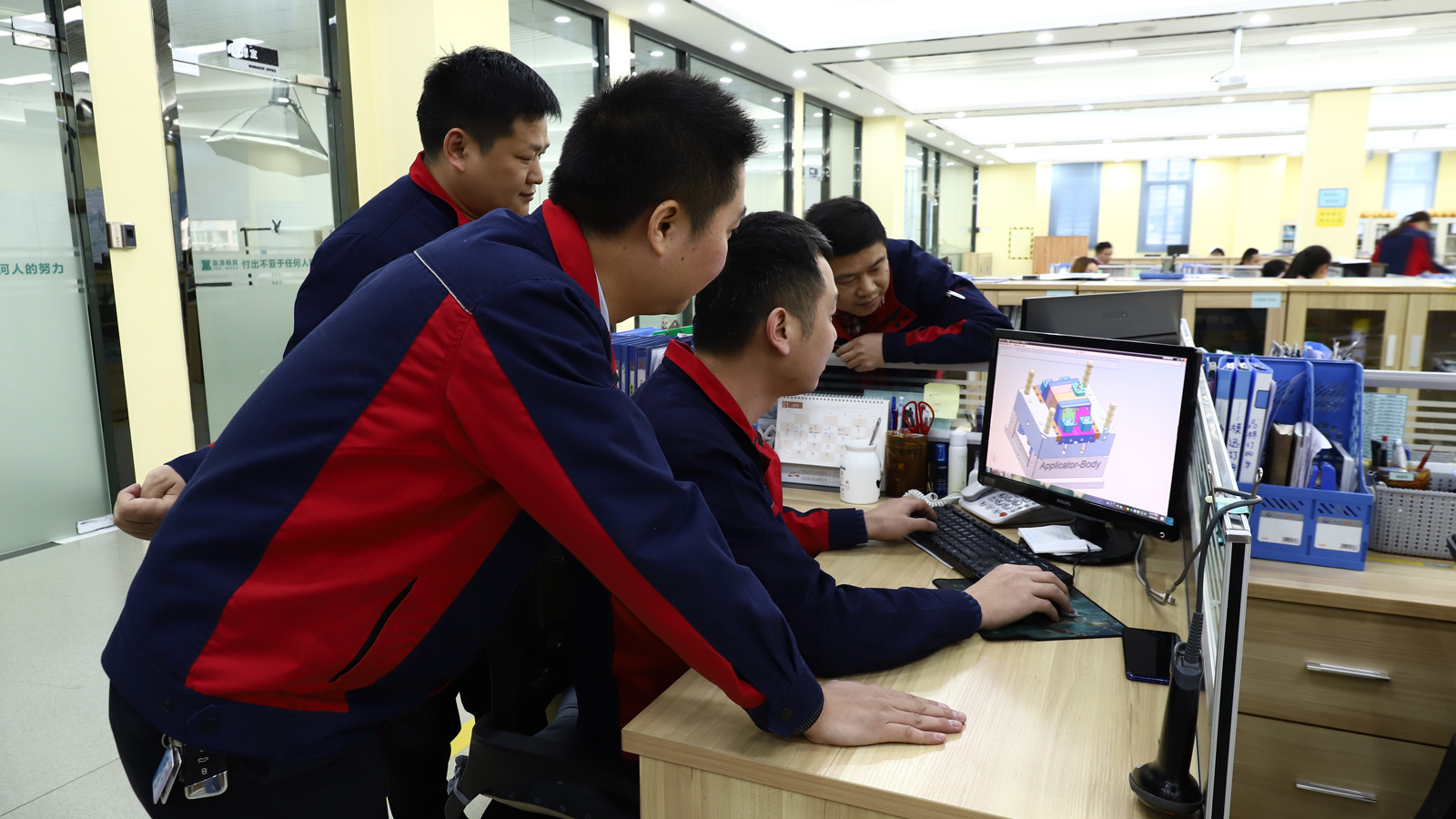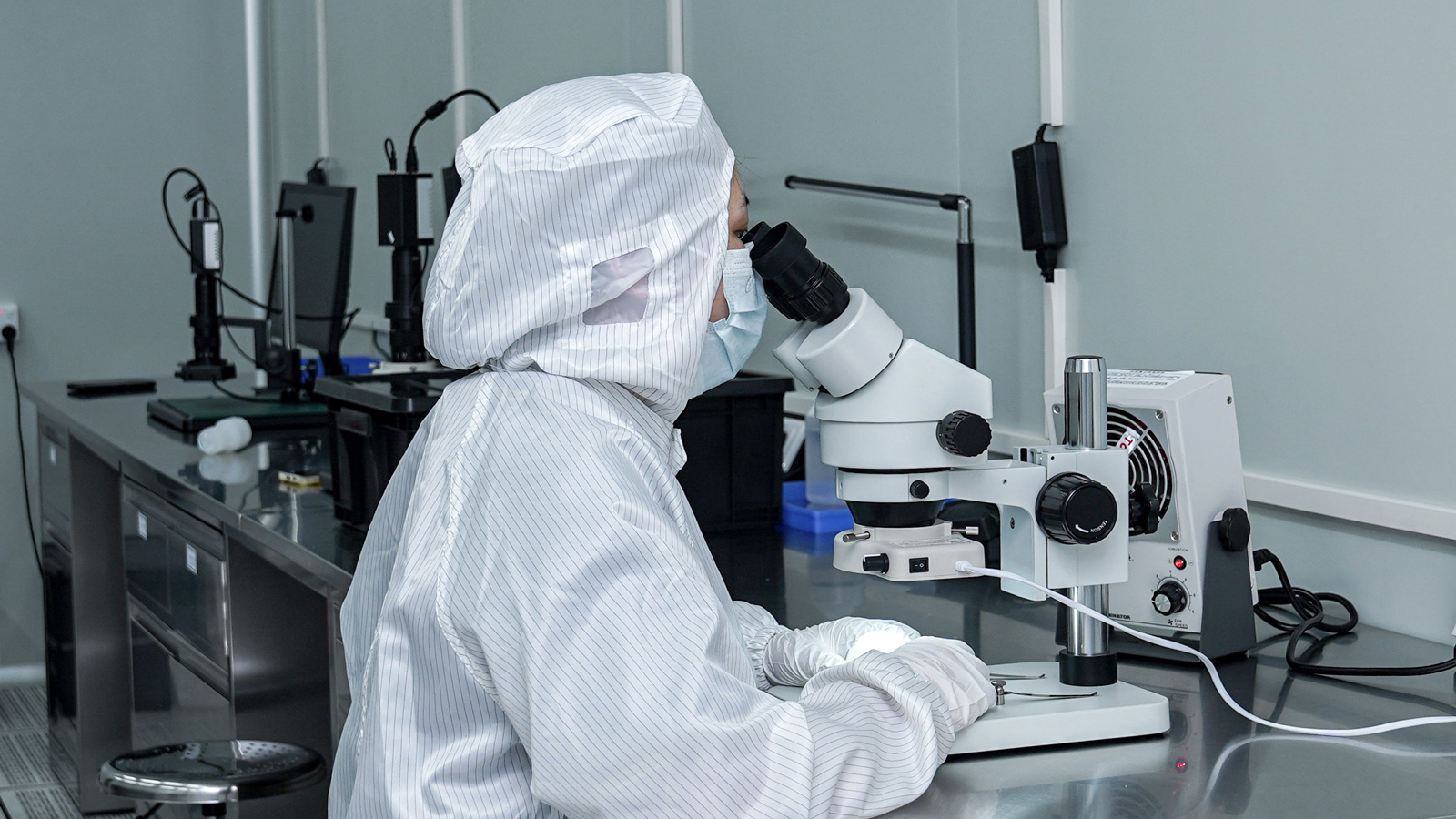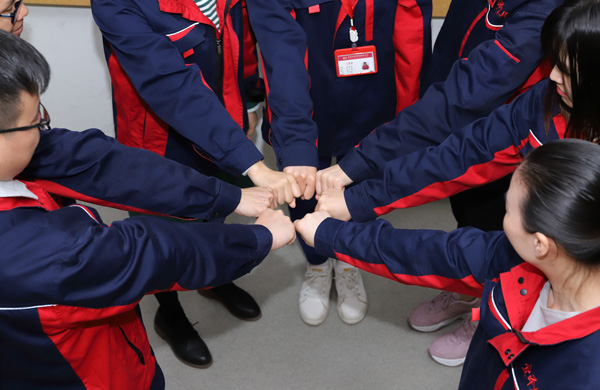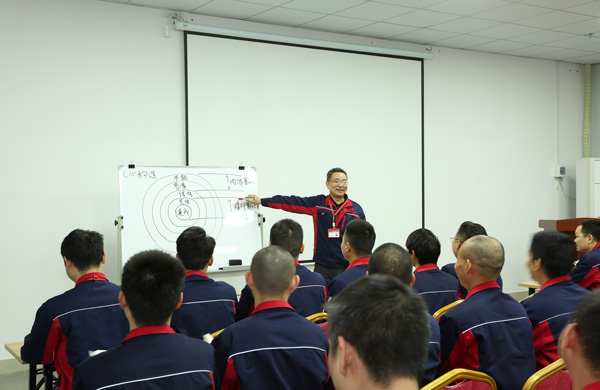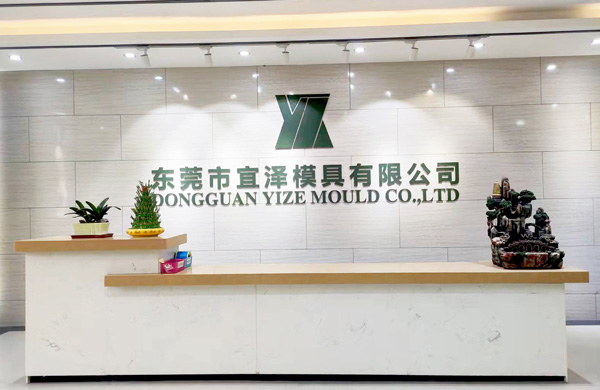In the field of injection molding, determining the shrinkage rate of parts to be injection-molded is always a key challenge and a significant issue to tackle.
The shrinkage rate data provided in the material data sheet for part shrinkage serves as a starting reference point. However, it’s important to note that the shrinkage rate given in the data sheet corresponds to a specimen with a fixed thickness of 0.125 inches. In actual production, the thickness of parts manufactured through the injection molding process often deviates from this standard, being either thicker or thinner.
When the part thickness differs from the standard specimen thickness, the shrinkage rate used in the mold design stage must be adjusted accordingly. This is because the part thickness directly affects the degree of shrinkage. Generally, thicker parts will shrink more than thinner ones. At this juncture, rich injection molding experience becomes invaluable. Experienced injection molding technicians will review records of previously molded parts, carefully comparing the shrinkage situations of different parts to identify patterns and provide references for adjusting the shrinkage rate of the current part.
After the injection mold is completed, the crucial sampling stage begins. A rigorous dimensional inspection is carried out after a visual confirmation that the part is initially filled. This step is of utmost importance as it accurately determines how the part shrinks during the actual molding process.
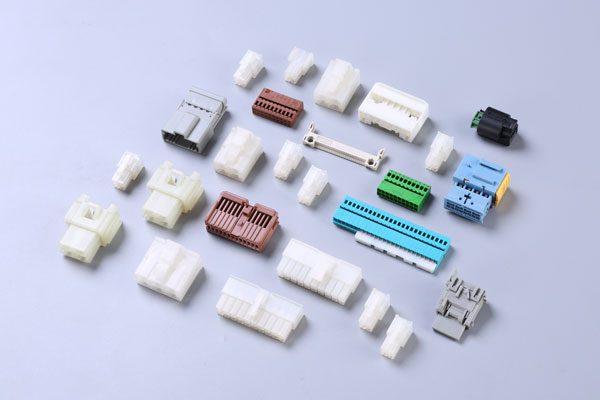
Once it is found that the shrinkage rate does not meet expectations, adjustments to the injection molding process parameters are necessary. However, adjusting parameters is no easy task; it is a challenging process. Any adjustment may affect the part’s filling effect. Therefore, extreme caution must be exercised during the adjustment process to ensure that the part can still be filled, avoiding underfilling issues caused by improper adjustments.
To address the problem of excessive part shrinkage, we can make adjustments from multiple process aspects.
During the injection process, it is essential to ensure that the part is filled and the gate is properly sealed. To achieve this, the filling or holding phase of the cycle can be extended, and the holding pressure can be increased. In this way, more molten material can enter the mold cavity, reducing shrinkage caused by insufficient material.
The cooling phase of the cycle also plays a crucial role. Increasing the cooling time allows the part to cool and set more quickly in the mold, effectively reducing shrinkage. However, the increase in cooling time needs to be well-balanced, as excessive cooling may lead to surface defects on the part.
The mold temperature also has a significant impact on part shrinkage. A lower mold temperature can reduce part shrinkage, but it may also cause underfilling of the part due to premature material freezing. Therefore, when adjusting the mold temperature, it is necessary to comprehensively consider both the filling and shrinkage situations of the part to find an optimal balance.
In addition, increasing the injection speed is also an effective method to reduce the part shrinkage rate. A faster injection speed enables the molten material to fill the mold cavity in a short time, reducing cooling shrinkage during the material flow process.
In conclusion, the problem of part shrinkage in injection molding is a complex yet crucial issue. By reasonably referring to material data, applying injection molding experience, accurately measuring during sampling, and optimizing process parameters from multiple dimensions, we can better control the shrinkage rate of parts and improve the quality and production efficiency of injection-molded products. It is hoped that the above content can provide some useful references and assistance for friends engaged in the injection molding industry.
Dongguan Yize Mould Co., Ltd. was founded in 2007, has been engaged in many years in the design and manufacture of precision molds and precision medical injection moulding products manufacturer. The company focuses on a whole set of solutions for automotive connectors, medical injection molding, cleanroom injection molding, and PFA injection molding. You can contact us via Email [email protected] or WhatsApp +86 13302615729!
